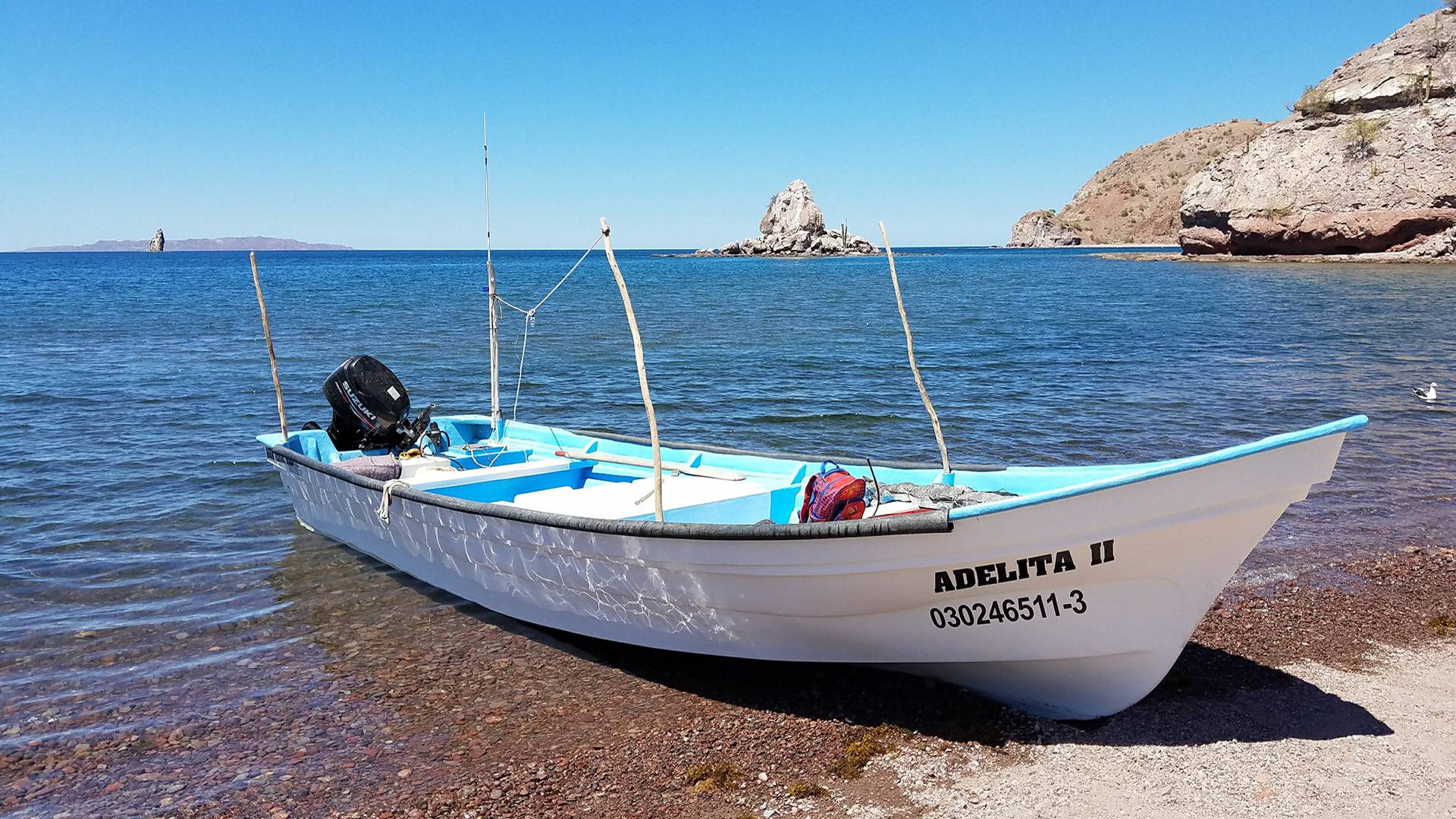Marine Stewardship Council Standards director David Agnew talks about the MSC's stance on the issue of Illegal, Unreported, and Unregulated (IUU) Fishing.
Illegal, unregulated and unreported fishing (known as IUU fishing) is a major global problem which undermines the international community’s efforts to protect oceans for a sustainable future.
Estimated to be worth some $10-23.5 billion annually, IUU fishing damages the livelihoods of legitimate fishing operations and communities. In some parts of the world, total catches are estimated to be up to 40% higher than reported catches. Such levels of exploitation severely hamper the sustainable management of the marine ecosystem. IUU fishing covers a wide range of activities: non-compliance with regulations, non-reporting of catch, unregulated activity in high seas waters, and “fish piracy” – fishing without licences.
Tackling IUU fishing is complex and requires the combined efforts of many international and national organisations.
At the MSC, we are acutely aware of this problem and have worked hard to incorporate solutions in our certification program. These requirements mean that consumers can be confident that MSC certified seafood is free from IUU fishing activities and has not been transported on vessels on RFMO IUU blacklists.
The MSC stance on IUU fishing
In order to be certified to the MSC Fisheries Standard, fisheries must not systematically engage in activities considered illegal, unregulated and unreported. Additionally, they cannot be certified if IUU fishing by others is having a detrimental impact on the sustainability of the fishery. Once certified, they must continue to comply with relevant local and international laws. This includes national laws which, in some states, require the tracking of vessels via IMO [vessels’ unique identification] numbers and preventing foreign-flagged vessels engaged in IUU fishing from using their ports and harbours.
Our program is also strict on the fact that all MSC certified fish must be sold through a supply chain certified to the MSC’s chain of custody standard. This means that MSC certified seafood cannot be mixed with non-certified. The supply companies themselves are required not knowingly ship or receive any fish transported on, or received from vessels listed on Regional Fisheries Management Organisations (RFMO) IUU blacklists. This further reduces the risk of MSC certified product being contaminated with fish originating in IUU fishing.
One of the unique points in our certification program is our ability to regularly check the supply chain and perform random genetic testing to confirm the certified products’ integrity. These tests have shown that over 99% of MSC certified seafood is correctly labelled.
The growing influence of the MSC program on IUU
The MSC program currently accounts for 10% of the global wild seafood harvest. This seafood is supplied through a traceable, sustainable supply chain which is free of IUU fish and which is helping to drive out IUU fishing from global fisheries.
The MSC has been set up to drive positive change so that, as more fisheries, supply chain organisations and products become MSC certified, the fishing practices around the world become more sustainable. By the same process we expect this approach to lead to more and more MSC certified non-IUU fish and less and less IUU fish. We have come a long way in the 15 years since the MSC was created. For example, ten years ago there were fewer than 200 MSC Chain of Custody certificate holders – today there are more than 2,800, demonstrating the growing influence of the MSC program.
Reduction techniques
One example is the reduction of IUU fishing within toothfish (also known as Chilean sea bass) fisheries. Five major toothfish fisheries, representing over 50% of that species’ world stocks are now MSC certified. During the period leading up to these fisheries becoming MSC certified they worked hard to eliminate IUU fishing from their fisheries. Now they are certified, they are required to maintain this level of performance. The MSC certified South Georgia Patagonian toothfish fishery, for example, uses effective surveillance to exclude unlicensed vessels from its waters. For licensed vessels a strict vessel licensing system is rigorously enforced and no trans-shipment is allowed. Landing points are limited and are closely controlled. The catch position and weight of every box of fish caught is recorded in real time using tamper-proof satellite technology and on-board weighing scales, and given a barcoded label to ensure illegal fish cannot enter the supply chain. This fishery is an example of how good fisheries management can reverse the trend of illegal fishing and replace it with a sustainable and well managed fishery.
However, we recognise that more needs to be done to tackle IUU fishing within non-MSC certified fisheries. We need to protect the livelihoods of those who are playing their part in ensuring healthy oceans for this and future generations.
The role of international agreements
International agreements that foster cooperation between states are important. The FAO Port State Measures Agreement, for example, offers an opportunity to strengthen the ability of states and supply chain organisations to ensure that IUU is eliminated. This agreement requires ratification by 25 states before it can enter into force, and currently has 11 ratifications. If ratified, it will mean that all ports under this treaty will refuse access to foreign-flagged vessels known to have engaged in IUU fishing.
This agreement complements the MSC program and could offer greater reassurances to the fisheries and supply chain organisations that participate.
We are fully supportive of these wider activities and keep this issue under regular review. We recently commissioned a study to further understand how the MSC can work alongside other organisations to tackle the issue of IUU fishing. We hope that this will lead to further collaboration and reductions in IUU fishing in the future.

